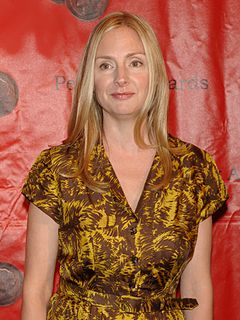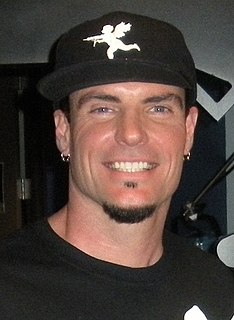A Quote by Amy Sherman-Palladino
Related Quotes
The cognitive therapy that takes place in the film Antichrist is a form of therapy that I have used for some time, and it has to do with confronting your fears. I would say that especially the part of the film that has to do with therapy is humoristic because people who know about this form of therapy would know that the character is more than a fool.
I have not spent years in therapy; I tried therapy in my mid-twenties, and it did not go very well. I just thought, 'This is so not for me. I would rather talk to one of my girlfriends.' I'm not at a point in my life when I'm analyzing too much. I have young children, and I'm just pretty much crazed.
If you sequence a cancerous tumor, you should be able to tailor the therapy according to the root cause of the cancer. But it has taken so long to do the sequencing - which also requires time to prepare the samples and interpret the deluge of data that comes out - that the patients are already undergoing therapy by the process if over.
The pack includes analysis and summary forms as well as very explicit links between assessment and individualised intervention...these materials are often lacking in published therapy programmes and are especially helpful...the pack provides very clear guidelines...overall it will be a very significant addition to speech and language therapy practice.





































